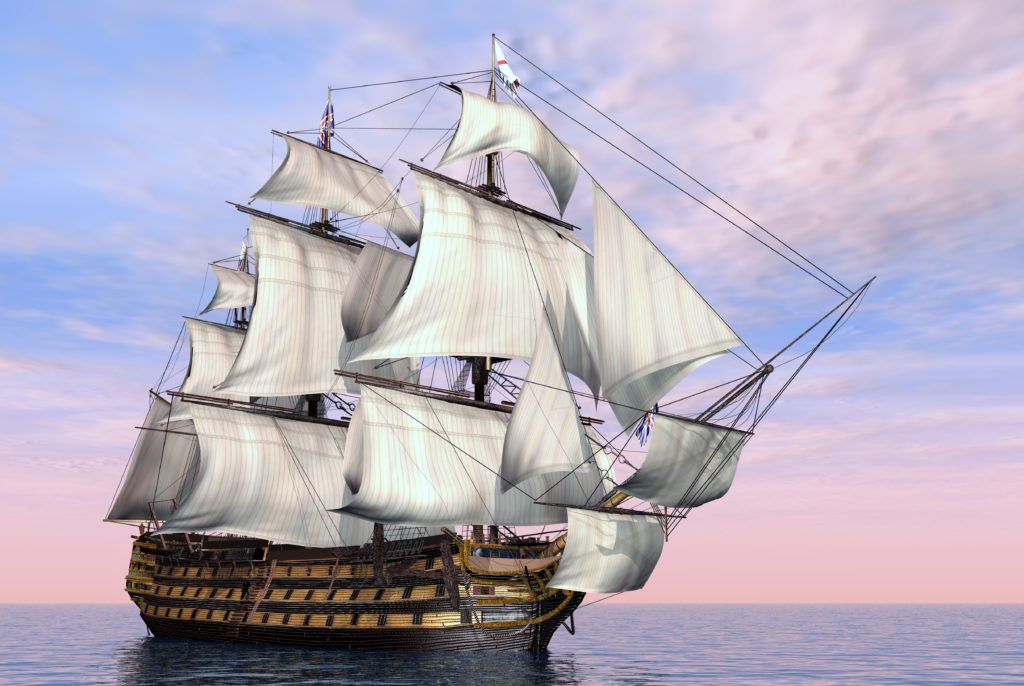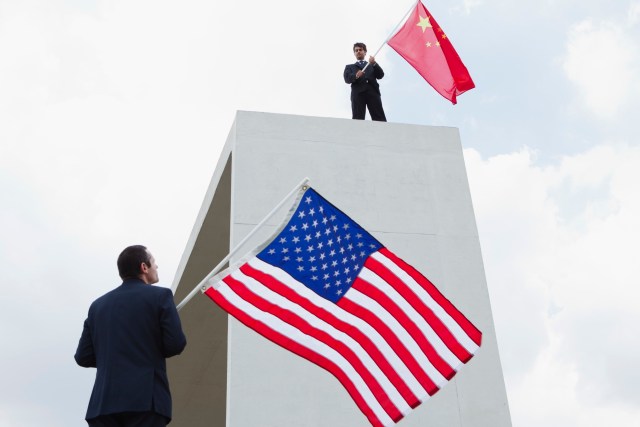
Britain can be compared to France – and Russia to America – but no country can sit alongside China.
It has three unique features;
- It has a five thousand years old continuous high civilisation – at least since President Jiang Zemin visited Egypt in 1997, saw the pyramids and added a thousand years on.
- Its population is almost a sixth of the whole globe’s – though in the long run it faces problems of ageing.
- And finally, until the irruption of Europe and the intrusion of Japan in the nineteenth century, China almost willfully isolated herself from other cultures.
A further distinguishing feature is the near-homogeneity of the population and a relative absence of religious fissures. Of its 1.4 billion people, ethnic Han Chinese constitute 93%. Muslims, the largest minority, are a mere 21 million. Tibetans represent five million and Mongols six. For all of Beijing’s problems in Tibet and Xinjiang province – where they have perfected the surveillance state – it is unlikely that China will ever allow any minority to develop a viable separatist movement – let alone to secede. China may celebrate colourful folkways, but it is deeply assimilationist too. Ethnic homogeneity and an increasingly common culture give the Chinese what the great medieval Arab historian Ibn Khaldun called ‘asabiyyah’, meaning a very strong sense of purposeful solidarity.
Unified under the first Emperor Qin in the third century BC, the country was later to suffer protracted periods of internecine warfare. If the Qin dynasty remains a reference point for the Chinese, it is as much for the severity of the centralised rule as for the successful unification. To this day Chinese leaders remain haunted by the menace of local fiefdoms – one of the reasons why the once mighty ‘neo-Maoist’ Chongquin party boss Bo Xilai is in a prison cell with grey hair and a long beard. In China, as you might have noticed, all leaders are clean shaven and their hair is jet black.
The notion that the Chinese are a race of plagiarists is belied by the richness and inventiveness of its past – in industry as in culture. When Europe was sunk in its Dark Ages, China enjoyed one of its most prosperous eras. The Tang dynasty (AD 618-907) was a highpoint of Chinese civilisation – notably it was the time when wood-block printing was invented. Writing paper had been discovered by the court eunuch Cai Lun in AD 105 and was used as lavatory paper from the 6th century.
This was also when the examination system for public office was elaborated. The advantage was its meritocratic nature – the reason that Europe introduced similar reforms a little later. One thousand years later. The downside was its scholastic approach. The examinations, with Confucian values (551–479 BC) at their core, placed a premium on rigid conformism rather than individual thinking. It was a tendency Mao Zedong understood and exploited to the full during his communist dictatorship.
The greatest mystery in Chinese history was its failure to expand its overseas exploration and trade at a time – the fifteenth century – when its shipbuilding capacities were far in advance of the West’s. Its command vessels, for example, were three times the size of Nelson’s HMS Victory. The epic voyages of Admiral Zheng He during the fifteenth century were never repeated.
Internally, however, the country progressed. The most recent high point came during the eighteenth century and under the Qing dynasty (AD 1644-1912), when the Manchu Emperor Qianlong beat back rebellions and expanded the country beyond its borders. China’s emperors believed they had Heaven’s Mandate (tian xia) to rule neighbouring peoples through tributary arrangements based on elaborate rituals of obeisance. Though still a despotism, China was the largest economy on earth by 1800. The part played by the government in economic organisation was especially notable, for example in storing grain against the risk of famine.

There followed two centuries of disaster. Internal stagnation and corruption facilitated reversals at the hands of Europe’s nineteenth century imperialists, and the imposition by Britain (and others) of “unequal treaties” that accorded them extraterritorial rights. That humiliation has not been forgotten.
After defeat at the west’s hands the century ended with a defeat from the industrialised Japanese. After the downfall of the Qing dynasty in 1911 and the degeneration of an interesting attempt at republican democracy under Sun Yat Sen, China was subject to the horrors of Japanese invasion and an occupation in which fifteen million Chinese perished. After a protracted civil war, the country was ripe for 1949’s Maoist takeover – though the revolution began with as much nationalist as communist character.
The price paid for the stability of the country that followed, and for such advances in health and education as the revolution brought, was colossal. Some seventy million people are estimated to have died during Mao’s dictatorship, more than half from starvation in the Great Leap Forward of 1958-62. Even the country’s sparrows were slaughtered to stop them eating stores of grain – extracted from starving farmers and despite their diet actually consisting of the insects which consumed the grain. The rest perished from endless purges and the severity of life in the laogai labour camps. Finally, after being marginalised by reformers, Mao made a late comeback in 1966 – inciting the murderous and decade-long Cultural Revolution. Its aim was to destroy the ‘Four Olds’ – Old Customs, Old Cultures, Old Habits, and Old Ideas – the entirety of China’s past. By the time of the Great Helmsman’s death, China was so isolated that its only ally was Albania and its sole embassy could be found in ‘Old’ Egypt.
Many of China’s present-day stances are influenced by this history. Obviously that would include a profound terror of internal disorder – notably during the 1850-64 Taiping Rebellion when as many as thirty million were killed. There is also an acute sense of victimhood at the hands of external powers – with indignation deepened by seeing the home of their pre-eminent civilisation being humbled by nations with so much less to boast about.
MORE FROM MICHAEL BURLEIGH’S EXTENDED ESSAY TOMORROW. (MONDAY MORNING UPDATE: HERE IT IS). MICHAEL KICKS OFF OUR WEEK OF PIECES ARGUING THAT OUR TIMES WILL BE REMEMBERED FOR THE RISE (ONCE MORE) OF CHINA AND NOT – AS THE NEWS MEDIA GIVE THE IMPRESSION OF BELIEVING – AS THE ERA OF TRUMP.
***










Join the discussion
Join like minded readers that support our journalism by becoming a paid subscriber
To join the discussion in the comments, become a paid subscriber.
Join like minded readers that support our journalism, read unlimited articles and enjoy other subscriber-only benefits.
Subscribe